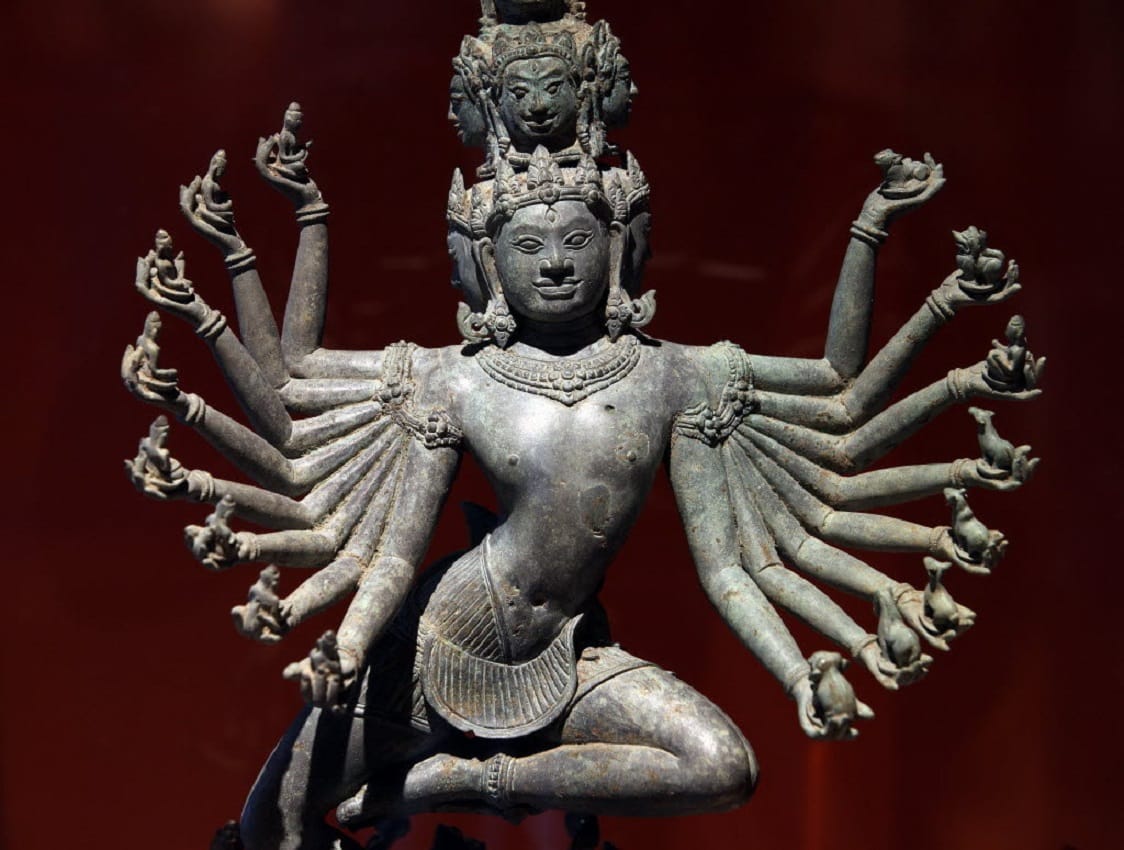
Buddhism and Hinduism essay
Both religions – Buddhism and Hinduism – appeared in the Indian subcontinent and have extremely long relationship. Some researchers assert Buddhism was a derivative of Hinduism and Buddha was a fraction of the Hindu pantheon, an opinion that is not acceptable to Buddhists. However, Buddhism gained such extreme popularity in India due to the fact that it released the populace from the domination of orthodoxy and tradition. The knowledge of the Buddha offered aspiration and hope for people who had otherwise no chance for salvation or free choice in the social order, which was controlled by a caste system.
There are many similarities in both religions. For instance, two religions stress the practice of concentration, meditation, cultivation of bhavas and other types of yoga, which not merely helps a person focus on the truth of living, but it also facilitates a way of enlightenment and freeing. Both religions believe in detachment, abandonment of worldly existence as a requirement to enter to spiritual life. Two faiths consider the desire as the major ground of suffering and stress the compassion and non violence towards all living creatures. Both religions believe there are lots of ways to accomplish the enlightenment, for instance, overcoming through own desires and managing over six conscious senses. Moreover, Hinduism and Buddhism have own variations of Tantra.
At the same time, there are certain dissimilarities in two religions concerning the points, which are considered to be parallel. For instance, Buddhism and Hinduism acknowledge the role of karma in maintaining people bound to this globe and the cycle of deaths and births. However, in spite the faith in karma and rebirth religions vary in a way, in which they influence the existence of living creatures. Both religions have faith in the existence of some hells and heavens, both believe in gods on the other planes. The Hindus believe in 300,000 Gods. Buddhism admits the existence of gods of Hindu pantheon, but providing them with quite subordinate status.
Also, there are many complete differences between the two religions. Hinduism is not established by any prophet and Buddhism was created by the Buddha. Unlike Buddhism, Hinduism has faith in the supremacy of the Vedas. Buddhism denies the existence of souls and Hinduism believes in Atman – the individual soul the Supreme Creator – Brahman. There are four main sub sects in Buddhism, but none of these sects follow a caste system. In contrast, there are many castes in Hinduism, and believers follow them severely. Buddhism discards severe asceticism and immense wealth. On the contrary, most of followers believe in severe asceticism. Moreover, apparently, the Buddhists take this globe to be filled with sorrow and regard end of the sorrow as the main aim of life. The Hindus think there are four chief aims in living. They are dharma (religious responsibility), artha (material belongings), kama (desires) and also moksha (salvation.)
Buddhists arrange themselves into the monastic Order and monks exist in groups without any priests. Hinduism is fundamentally a religion of a person. Moreover, surprisingly, Hinduism is not a religion. Theoretically, it is rather a group of religious movements, which share the basic and in some respects matching beliefs, history, customs and practices peculiar to land and times, in which they appeared and evolved. On the contrary, Buddhism is the arranged religion having certain beliefs, identified as the Dhamma, based on the Eightfold Path and the Four Noble Truths.
Thus, in spite of the basic dissimilarities two religions have obviously influenced one another in many ways. Buddhist notion of compassion toward all living creatures and the practice of meditation and breathing in accomplishing higher states of consciousness have roots in the Indian soil, whilst Hindu Tantra impacted the origin and development of Vajrayana Buddhism.

